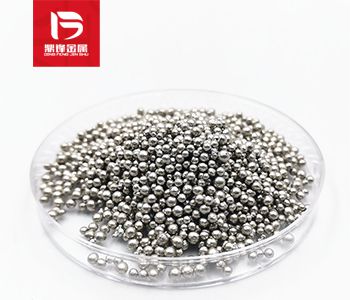The Environmental Impact of Spark Plug Recycling
Most drivers don't realize that improperly discarded spark plugs contribute significantly to environmental pollution. Each year, approximately 200 million spark plugs are replaced in the United States alone, with the majority ending up in landfills. These small automotive components contain heavy metals that can leach into soil and groundwater, creating long-term ecological damage.
Product Details
Most drivers don't realize that improperly discarded spark plugs contribute significantly to environmental pollution. Each year, approximately 200 million spark plugs are replaced in the United States alone, with the majority ending up in landfills. These small automotive components contain heavy metals that can leach into soil and groundwater, creating long-term ecological damage.

The environmental benefits of proper spark plug recycling are substantial. Modern spark plugs typically contain precious metals like platinum, iridium, and copper in their electrodes. When recycled, these metals can be extracted and reused indefinitely without degradation in quality. This process reduces the need for destructive mining operations that damage ecosystems and consume vast amounts of energy.
Recycling just 100 spark plugs can recover enough platinum to manufacture several new catalytic converters. The energy savings are equally impressive - recycling metals requires about 90% less energy than mining and refining virgin materials. This translates to reduced greenhouse gas emissions and a smaller carbon footprint for the automotive industry.
The recycling process itself is environmentally responsible when done properly. Certified refiners use closed-loop systems that capture and neutralize any chemical byproducts. Many facilities have achieved zero-waste status, ensuring that every component of the spark plug is either reclaimed or safely disposed.
Consumers can participate in this green initiative by establishing simple collection systems. Many auto shops will gladly set aside used plugs for recyclers rather than paying for hazardous waste disposal. Community collection events and mail-in programs have made participation easier than ever.
By viewing spark plugs as valuable resources rather than waste, we can significantly reduce automotive-related pollution while conserving finite natural resources. This small act of responsible recycling creates ripple effects that benefit ecosystems, reduce energy consumption, and support sustainable manufacturing practices.













